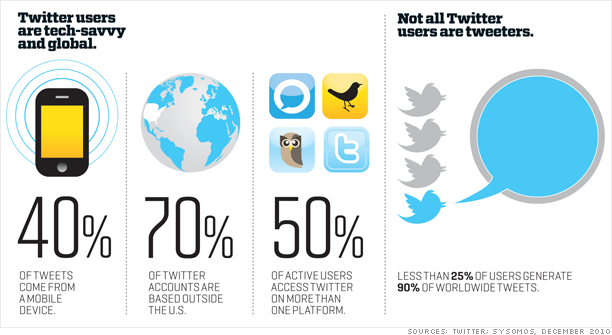If you've seen one of your kids' text messages recently, you may have been concerned about what all that text-speak is doing to this generation's spelling, vocabulary, grammar, and general command of the English language. Do you need to?
It's true that text-speak is disconcerting to grammar purists, who shudder at the question “where u at?” or shortening entire phrases like “in my opinion” to “IMO.” Some English teachers also say they see too much informal language and too little structure in their student's writing, which could be attributed to texting and sexting.
However, studies like the one at the University of Toronto suggest that today's generation doesn't really have a problem switching between writing in “textese” to their friends and in more academic language in English class.
 This article was written by Heather Campobello from WebProNews.
This article was written by Heather Campobello from WebProNews.











 Chances are that sometime in the last 24 hours you have watched your teen stop whatever they’re doing, whip out their phone to read and fire back a fast and furious text message, then snap the phone shut and get back to work. But how well can they really work on a task when they’re
Chances are that sometime in the last 24 hours you have watched your teen stop whatever they’re doing, whip out their phone to read and fire back a fast and furious text message, then snap the phone shut and get back to work. But how well can they really work on a task when they’re 